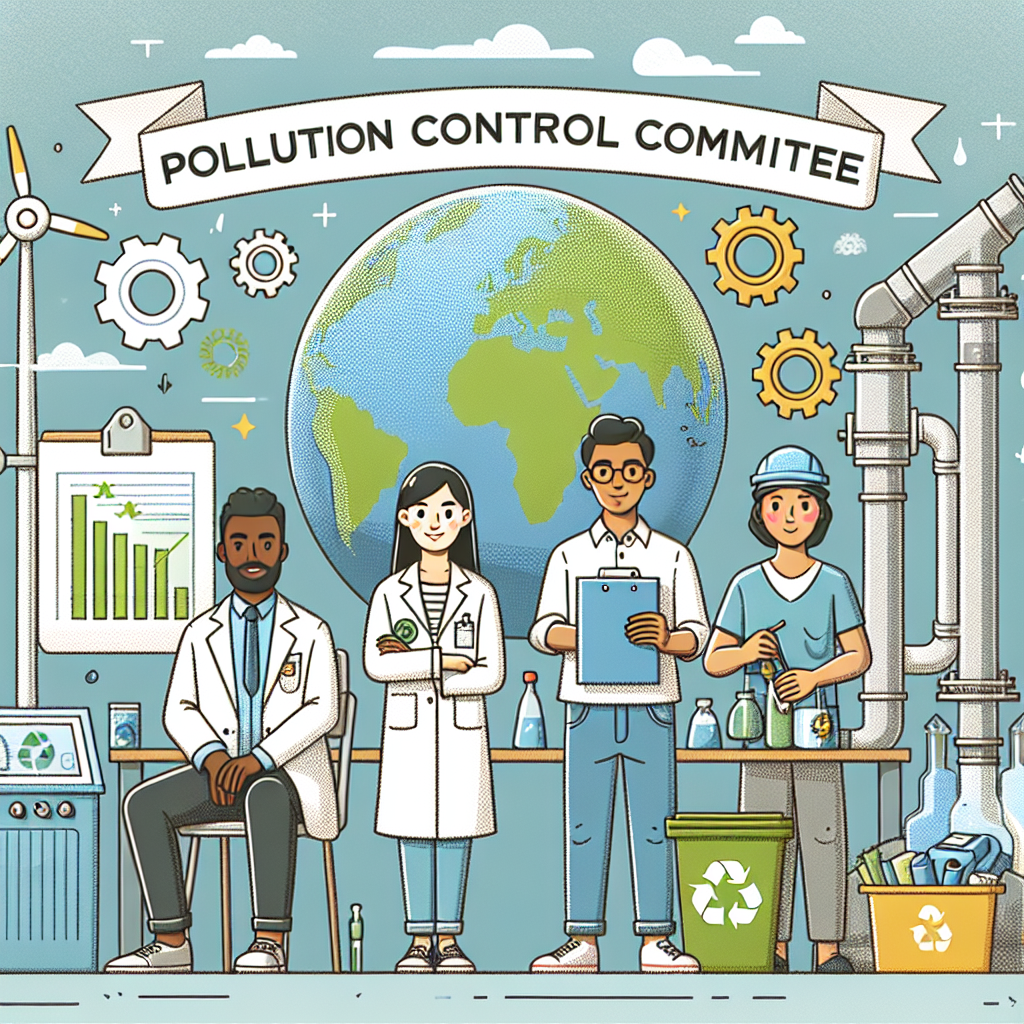India's Green Transport Revolution: From Fossil Fuels to Electric and Biofuel Solutions
Union Minister Nitin Gadkari highlights India's urgent need to shift from fossil fuels to electric vehicles and biofuels to combat pollution and reduce fuel import costs. Advancements in battery technology are making EVs more affordable and position India as a future leader in sustainable transport.

Union Minister Nitin Gadkari emphasized the urgent need for India to transition from fossil fuels to sustainable energy sources, naming pollution as the country's biggest challenge, with the transport sector as a major contributor. He spotlighted the role of advancements in battery technology in making electric vehicles (EVs) more affordable for consumers.
Gadkari highlighted that India's dependence on fossil fuels costs Rs 22 lakh crore annually in fuel imports, which is also an environmental hazard. By promoting clean energy options like electric cycles, biofuels, and more, India is positioned to lead in sustainable transport solutions by 2030, a key opportunity also aligning with economic goals.
With a focus on green innovation, Gadkari noted ongoing research into new battery technologies and the growing international demand for Indian-made electric two-wheelers. He cited expanding rural income possibilities through converting agricultural waste into biofuels as a sustainable step to reduce pollution and fuel imports.
(With inputs from agencies.)










